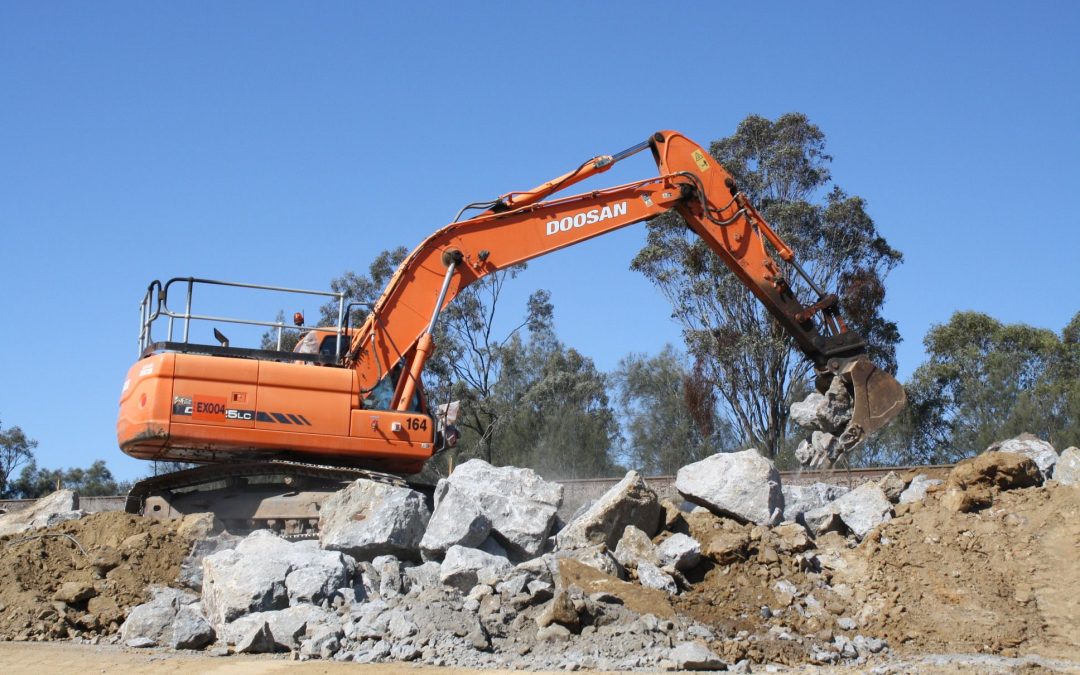Asbestos contamination found in mulch in NSW was the news headline this morning as I was sipping on my morning coffee. Article found here
The New South Wales Environemtal Protection Agency are investigating asbestos contamination found in mulch that had been delivered to multiple sites across NSW.
Recently, I’ve been thinking about the potential health risks posed by contamination during our daily activities. It’s alarming how often people unknowingly encounter substances that could lead to both short and long-term health issues.
My awareness of contamination issues dates back about six years when I was involved in a project at a manufacturing site undergoing closure. The remediation process revealed hydrocarbon-contaminated soil from fuel and oil used in manufacturing, along with historical asbestos storage due to a lack of safe disposal methods.
During the West Gate Tunnel project, polyfluoroalkyl substances were encountered during excavation, prompting concerns about the handling of contaminated soil and the impact of communities where the material would be stored long term.
Also, how my family and friends are conducting gardening activities unknowingly exposing themselves to the potential deadly Legionnaire’s disease while working with potting mix purchased from the local hardware store of gardening supply shop, right after a 73-year-old Melbourne man passed away after conducting gardening activities.
Fast forward to a year ago, I’m now working on a construction project utilizing upcycled crushed concrete for fill. This raised the question of the concrete’s origin, leading to an investigation into the supplier’s practices. It turns out the crushed concrete comes from various projects, including demolition sites.
After looking into the source of the material my findings were adequate, but in saying this, I had to make sure.
Fortunately, the company responsible for processing the concrete diligently tracks all incoming materials, conducted required testing to ensure acceptable, and holds the necessary permits and certifications for upcycling activities. This was a relief to the project management team who was relying on the product to make the job easier and avoid a potential cost blowout.
The lesson here is to be cautious when ordering materials. It’s crucial to inquire about the source and the certification of the supplier to avoid potential health and project management issues, such as cost overruns and contamination.
Systec offers a range of environmental services, if you have any questions about contamination or asbestos containing materials on your site.
Liam Cooper – OHS Consultant

